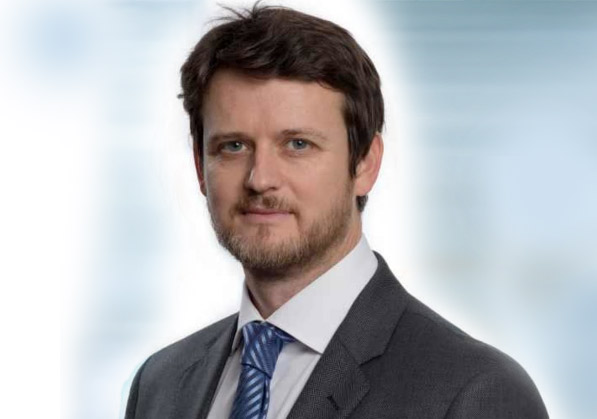In Europe, as with many regions, experience with conditional fee arrangements is as varied as it is permitted. Not every jurisdiction permits them and not every jurisdiction denies them.
In Germany for instance, although there has been a relaxation in respect of third party contingent contracts (read Third Party Funding) a law firm is generally not permitted to have a vested stake in the outcome of a client’s matter. This stringent approach is not representative of most jurisdictions in Europe, which have increasingly accepted that law firms are increasingly under pressure from clients to have “skin in the game” and therefore allow law firms to greater or lesser extents a degree of interest in the outcome of client matters. These flexible fee arrangements are a sensible response to market pressures that enable law firms to continue to grow and develop in exchange for taking on some risk in respect of their fees.
However, this responsiveness to market pressures often have to be balanced with minimum realization rates – the bedrock on which law firms build their economic models. We have successfully assisted many law firms across Europe who have limited experience with success fee arrangements in order to boost their competitiveness in the market. The most successful model of CFA structuring resides in a layering approach, which can minimise the impact of success fee arrangements while meeting the requirements of clients. This layering is achieved by defining multiple events of success across a matter. For instance, getting a tribunal appointed by a certain date, or up to the filing of a key pleading or getting the outcome of a security for costs application or any one of a hundred potential motions and/or stages that prevent law firms from having to risk their realization rates on success or failure of the entire case. This layering approach is well received by clients who can measure success in milestone achievement and allows law firms to minimise the exposure of their realization rates. We have also developed at Profile Investment various hedging products for law firms to use that enable them to offer even greater discounts to their clients without placing at risk their minimum acceptable realization rates. These hedging products work in many Nordic countries, France, the UK, Spain many CIS countries among others… and we’ve even developed a product for Germany. How a firm successfully structures conditional fee arrangements will increasingly decide who wins a client’s mandate and who does not.

Author Iain Mckenny is the Co-Founder of Profile Investment leading a cross disciplinary team of 8 lawyers, quantum experts and enforcement specialists. Iain’s specialisms as a lawyer include international commercial and investment treaty arbitration across various sectors including construction, technology, finance and general commercial.
If you have any questions, please do not hesitate to get in touch with Iain via email: imckenny@profileinvestment.com.
